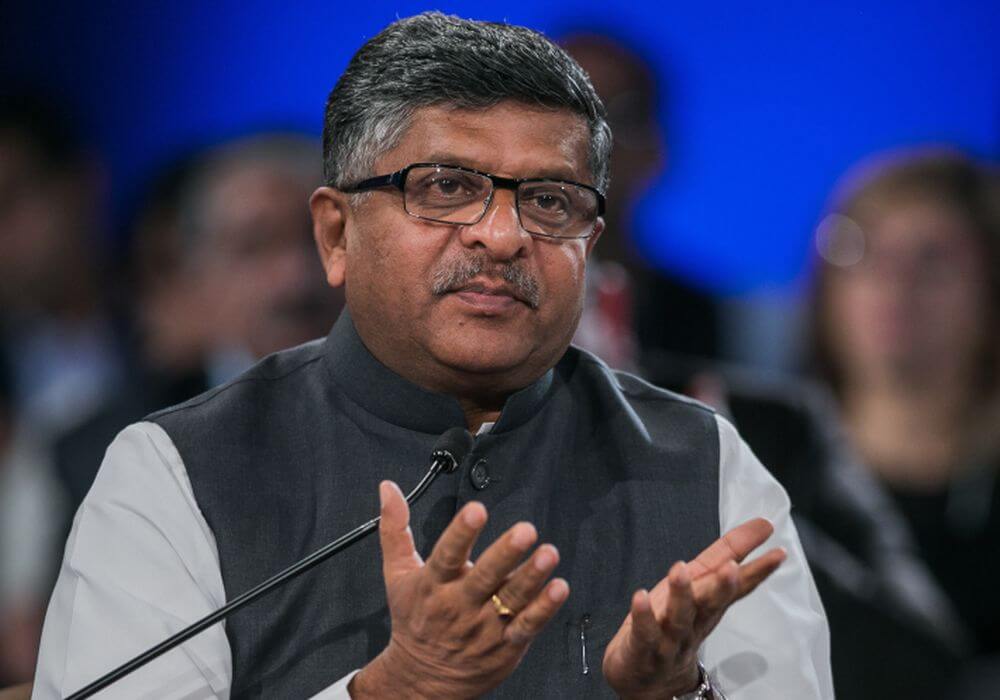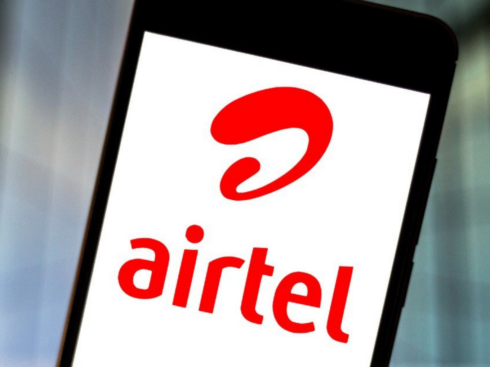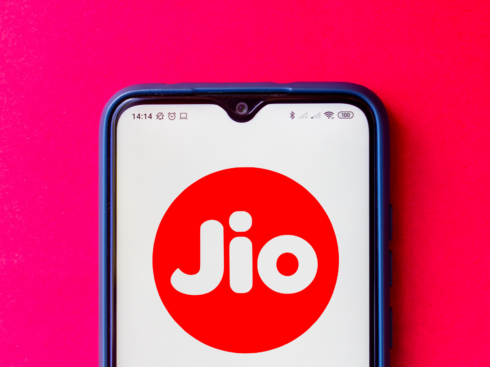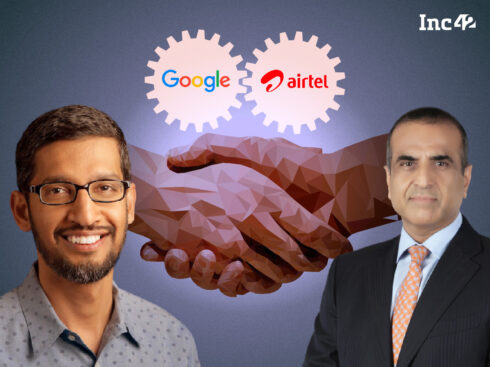SUMMARY
As Per The Union IT Minister, Zero Rated Plans Like Facebook Free Basics Are A Violation Of Net Neutrality
The Union Minister for Electronics and Information Technology Ravi Shankar Prasad has proclaimed that the citizens’ right to access the Internet is “non-negotiable”. To uphold the principle of net neutrality, Prasad has assured that the government will not allow any single entity to have a monopoly over it.
Keeping true to this vision, Prasad said that the Indian government had previously decided not to allow zero-rated plans such as Facebook’s Free Basics and Airtel Zero as they offered access to only select Internet services.
Speaking during the recently-held Global Conference on Cyberspace (GCCS), where incidentally PM Narendra Modi launched the UMANG egovernance app, Ravi Shankar Prasad stated, “When I was handling the communications department, my friend Mark Zuckerberg (Facebook CEO) met me a number of times with the idea of Free Basics.”
Launched in India in 2015, Free Basics was a programme rolled out by Facebook in partnership with six other companies Samsung, Ericsson, MediaTek, Opera Software, Nokia and Qualcomm to offer free access to selected Internet services.
According to Prasad, the main idea behind Free Basics was to allow free access to all domains, including education, health and entertainment, provided that the customers entered the World Wide Web through Facebook.
The minister added, “I said India is a democracy, we don’t believe in one gate. We believe in multiple gates. Therefore, this gate locking for India will not be accepted and I did not allow it. This stems (from) our commitment that Internet must be accessible to all.”
As part of the conference, Prasad also talked about advocacy of a multi-stakeholder approach to Internet governance, which refers to the policies and mechanisms that govern the development and use of the Internet. The aim, according to him, is to ensure that governments at all levels become active participants in the burgeoning Internet revolution.
Sharing his views on the ongoing debate over the right to privacy and access to the Internet, Prasad said, “Privacy cannot be shield of the corrupt, terrorist and the extremists. There is a need for striking a balance in data availability, data utility, data innovation, data anonymity and data privacy.”
PM Narendra Modi’s Take On Unconstrained Access To Internet
“The Internet, by nature, is inclusive and not exclusive. It offers equity of access and equality of opportunity. Today’s discourse is being shaped by Facebookers, Tweeples, and Instagrammers. Social media platforms are making cyberspace participative for all. News that experts tell us from studios is now supplemented by experiences highlighted on social media. This transition to a blend of expertise and experience is the contribution of the cyber world,” said PM Modi during the conference.
As stated by the Prime Minister, cyberspace remains a key area of innovation for India, where startups are actively developing solutions to not only improve access to the Internet but also impart digital literacy skills to people living in semi-urban and rural areas.
Talking about the risks and vulnerabilities that plague the Internet today, PM Narendra Modi stated, “The quest for an open and accessible internet often leads to vulnerability. We need to ensure that vulnerable sections of our society do not fall prey to the evil designs of cybercriminals. One of the major focus areas should be the training of well-equipped and capable professionals to counter cyber threats. Cyber-warriors who will remain on the alert against cyber-attacks.”
Praising the Indian government’s decision to ban zero-rated programmes like Facebook Free Basics, Sri Lankan PM Ranil Wickremesinghe said during the event, “Net neutrality lowers the barriers of entry by preserving the Internet as a fair and level playing field. Similarly, the open Internet facilitated by net neutrality allows marginalised and oppressed segments that are not adequately represented in mainstream media to tell their stories and mobilise justice as we have seen in recent times.”
The development comes at a time when the US government’s Federal Communications Commision (FCC) announced plans to repeal net neutrality regulations that were adopted in 2015. In India, the Telecom Regulatory Authority of India (TRAI) is currently in the process of finalising its recommendations on net neutrality. Recently, it was reported that the regulator is mulling putting in place guidelines which may allow subscribers to do financial transactions and access other important services faster than the rest of their mobile phones.
TRAI is likely to make its recommendations to the telecom department by December 15.
So, What Is The Debate On Net Neutrality All About?
Net neutrality is a principle that guarantees consumers equal and non-discriminatory access to all Internet services without any discrimination on the basis of tariffs or speed. Backers of net neutrality have demanded against having any traffic management practices, except in cases of emergencies, such as natural disasters.
However, telecom companies want to be able to manage some traffic on their networks to avoid network congestion without throttling services which compete with their own, thus assuaging the main fear of net neutrality proponents. In addition, telcos also assure that they will disclose any instances of network management to relevant authorities or the public, as required.
It was in February 2016, that TRAI had finally given its verdict on Facebook’s Free Basics platform, which had stoked the net neutrality debate in India and had issued the ‘Prohibition of Discriminatory Tariffs for Data Services Regulations, 2016’ which said that no company can charge subscribers with discriminatory tariffs for data services on the basis of content.
Consequently, at that time, TRAI barred discriminatory pricing of data services, including zero-rated plans such as Facebook’s Free Basics and Airtel Zero, tackling net neutrality from a tariff perspective. The regulations clearly stated that no service provider can offer or charge discriminatory tariffs for data services on the basis of content and neither shall enter into any arrangement, agreement or contract by whatever name called, with any person, natural or legal for the purpose of evading the prohibition in this regulation. However reduced tariff for accessing or providing emergency services, or at times of public emergency had been permitted.
In September this year, reports surfaced that TRAI would be releasing its recommendations on net neutrality in two months. At the time, RS Sharma, Chairman of TRAI had said, “We’re clear that whatever net neutrality recommendations we give, they will be for the Indian context, which is very unique, where the internet is playing a very developmental role. So, whatever rules that we come up with will be in harmony with our developmental objectives and our country’s interests.”
While net neutrality continues to be a topic of much debate globally, its main philosophy is simple and at the same time essential. According to Ravi Shankar Prasad, as India moves towards a new digital era, equal and non-discriminatory access to the Internet is crucial.
(The development was reported by ET)



























